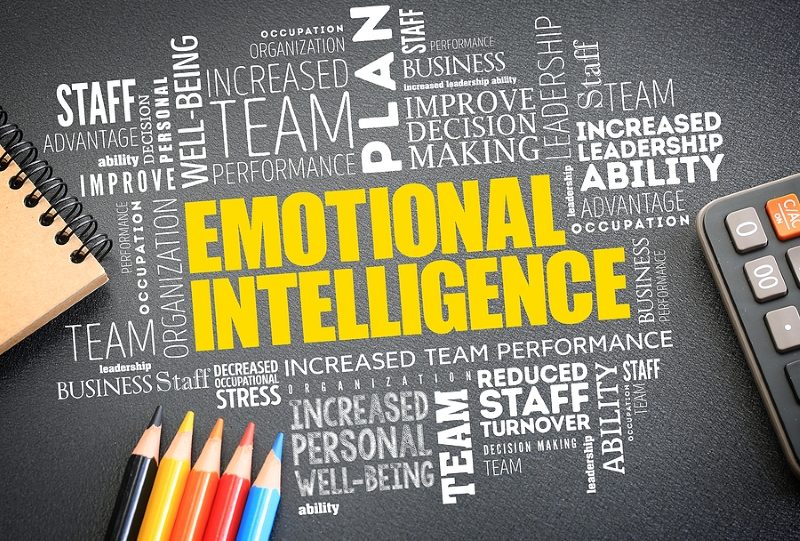The pace of change and level of uncertainty in government make effective leadership more important than ever. Whether managing a small team or leading a large agency, the ability to understand and manage emotions — your own and others’ — is a powerful tool. Emotional intelligence (EI) can be critical for effective leadership and cohesive team dynamics in government settings.

Emotional intelligence is the ability to recognize, understand, and manage one’s own emotions while also being able to identify, empathize with, and influence the emotions of others. EI typically includes five core components:
- Self-Awareness – Recognizing and understanding your own emotions, strengths, and limitations, and their impact on others. This can be built through reflection, journaling, or asking for feedback.
- Self-Regulation – Managing emotions, impulses, and behaviors in healthy and constructive ways, especially in stressful situations. Self-regulation is closely tied to self-awareness and requires developing tactics for managing difficult emotions.
- Motivation – An inner drive to pursue goals with energy and persistence, driven by a passion for the work itself rather than external rewards. Setting personal goals outside of agency or mission goals is a great way to build motivation.
- Empathy – The ability to understand and share the feelings and perspectives of others, and to respond appropriately. Gaining insight into others’ feelings requires leaders to share their own feelings.
- Social Skills – The ability to build and maintain healthy relationships. Active listening and asking open-ended questions help build the understanding and collaboration needed for successful working relationships.
These traits enable leaders to remain calm under pressure, resolve conflicts, communicate effectively, and build trust when operating in high-stakes, high-scrutiny environments with limited resources. Without a focus on EI, leaders can inadvertently create toxic work environments, reduce team morale, or mismanage stakeholder relationships. Teams with emotionally intelligent members experience better communication, less friction, and more cohesion. Members feel heard and respected, which enhances engagement and retention.
A focus on EI frequently results in:
- Improved Decision-Making: Leaders with strong self-awareness can recognize how emotions affect their thinking and behavior, preventing reactive or biased decisions.
- Conflict Resolution: Conflicts are inevitable. EI allows leaders to approach conflicts with empathy and objectivity, fostering solutions that preserve relationships and encourage collaboration.
- Trust and Transparency: Public trust begins with internal trust. Leaders who are open with their thoughts and accept feedback set a tone of honesty and accountability.
- Adaptability in Crisis: Those who understand the impact of stress on them personally, and manage it accordingly, remain composed and can guide their teams through turbulent times with confidence and clarity.
By developing EI, public-sector leaders not only improve their own effectiveness but also foster stronger, more resilient teams. Public service demands compassion, agility, and integrity. To meet these needs, emotional intelligence is not a soft skill — it’s a core leadership competency.
As the founder of GovEvents and GovWhitePapers, Kerry is on a mission to help businesses interact with, evolve, and serve the government. With 25+ years of experience in the information technology and government industries, Kerry drives the overall strategy and oversees operations for both companies. She has also served in executive marketing roles at a number of government IT providers.





Leave a Reply
You must be logged in to post a comment.